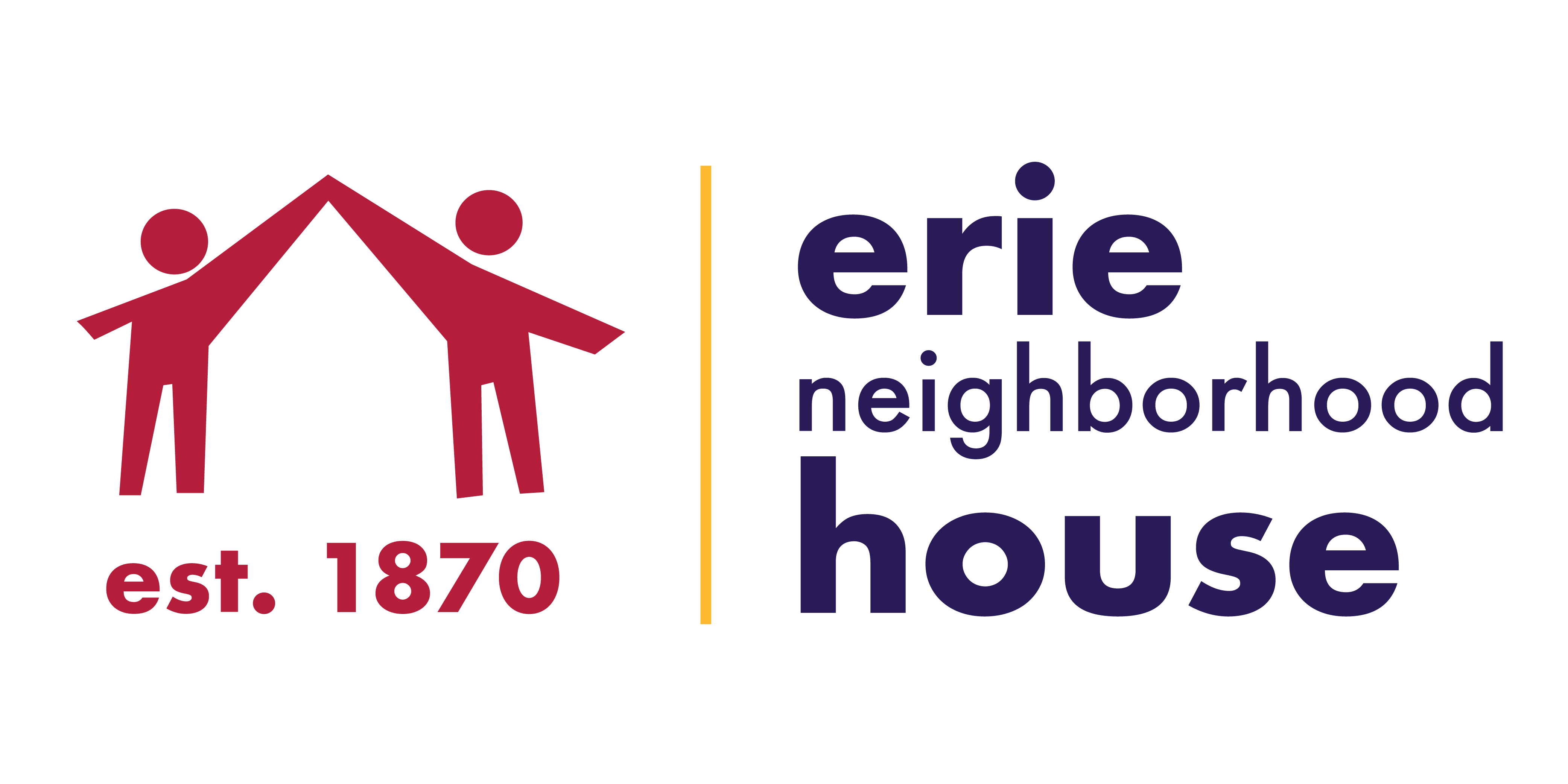Statement on the would-be DACA Deadline and the Future of the Dream Act
Today marks the would-be deadline for the Deferred Action for Childhood Arrivals (DACA) program, an arbitrary date established by the Trump administration last fall in its effort to dismantle the Obama-era program.
Established in 2012 by executive order, DACA has provided work authorization and protection from deportation for more than 700,000 immigrants—including numerous youth and young adults in our own community at Erie Neighborhood House—who arrived in the US without documentation as minors.
Last week the Supreme Court of the United States announced it would not expedite considering court decisions in California and New York that have placed an injunction on the Trump Administration’s move to end DACA.
The legal matter now returns to the appeals process in the lower courts, meaning that eligible youth and young adults can continue to renew their DACA work authorization and protection from deportation.
But even as we breathe a sigh of relief with DACAmented folks in our community, we know there is much more work to be done. Lawmakers have repeatedly punted the ball down the road when it comes to passing legislation that supports DACA recipients and their families. They have attempted to use these young people as political pawns to advance an anti-immigrant agenda. And they have broken promise after promise after promise.
Yet in spite of all this, our DACA youth and young adults have not given up hope. And we will continue to fight alongside them.
A majority of Americans support the bipartisan Dream Act, and at Erie House we believe it does not need to be tied to other legislation around immigration.
We are calling on lawmakers to do what is right and pass this bill to protect DACAmented individuals, support their families and affirm the human value of all immigrants living in the US, regardless of status.
There is so much at stake for our young people. How we respond to youth and young adults at risk of losing the opportunity to work and live here through DACA—individuals who know America as their home and who are our neighbors, co-workers, friends and family members—speaks volumes about who we are as country.
